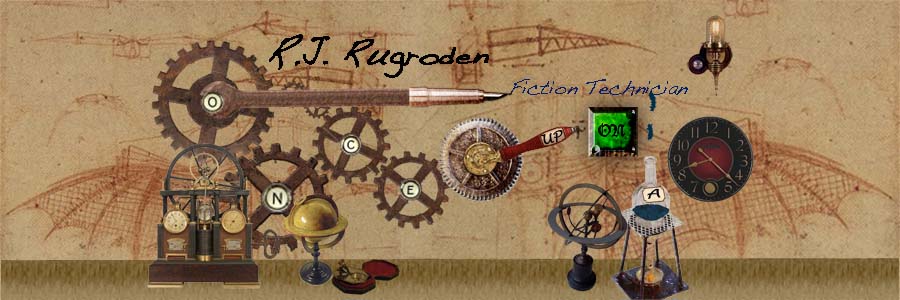There's no setting to show us where the voice is coming from, or to whom the voice is speaking. Why is the voice speaking? We don't know. Why is this voice important and how can it be the voice of everything, and does it matter?
It was a classic case of stringing together words that sound nice but don't make any sense. The writer of the song clearly thought they were saying something profound, when they were really just feeling profound.
So when I hear writers talk about voice, I can't help thinking of that song and saying to myself "The voice needs context in order to become important."
This past week I've been exploring what it means to discover and write a consistent voice in my work. I thought I'd try writing the first paragraph of my novel in four different ways to see if a different voice emerged and if I liked one of them best.
But when I clicked back to my first paragraph, I realized it already had voice without me knowing it. I thought I had left the first paragraph a flat, murky string of words with no real feeling. I was pleasantly surprised to find, though it contained flaws and clear inconsistencies in the voice and flow of the story, it had something.
I've never heard voice defined in any satisfactory manner, (which might be why I think of that song: they're both ambiguous,) but I saw it in my first paragraph. I can't explain it, but it felt right. I could see where I had written with complete authority and been in control. And now I remember how I eeked out that first paragraph. I did two things: got inside my character's head and knew before I started writing what I wanted to emphasize.
The character was my villain. I already had his character nailed down so I knew what he would do if he was reluctant. I knew how he would act and along what lines he would generally think if he was uncomfortable or undecided about something.
In the scene, I knew I wanted to show he was reluctant to go into a building. I could have shown it in many different ways. But the way I chose was consistent with his character. That in itself is not voice. That's characterization.
However, the reason I call it voice is because when I went back to read it, I was totally drawn in to what was going to happen next and I found myself feeling sorry for the villain, (the effect I intended to produce).
If I, a writer bent on red-pen-editing-destruction of a story, can go back to my first paragraph and NOT analyze it to death for narrator flaws because I was distracted by the character and setting, I have to think the voice was done correctly. I successfully removed myself from the audiences' view.
I'm quite sure I'll discover there's more to voice than that. But it was a nice surprise. Now if only I could duplicate that magical alignment of the stars that made correct voice appear (or rather disappear) in my first paragraph, I'd have a pretty good book on my hands.
For now, I'll just keep using my red-pen-of-death to ex out sentences that are just nice words strung together.

No comments:
Post a Comment